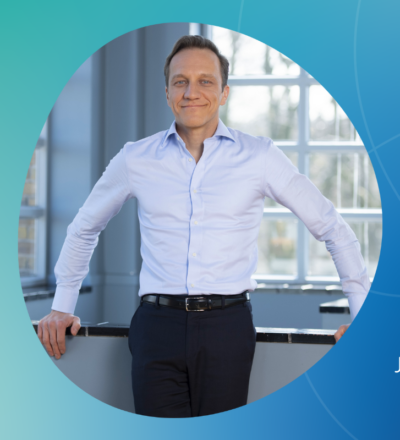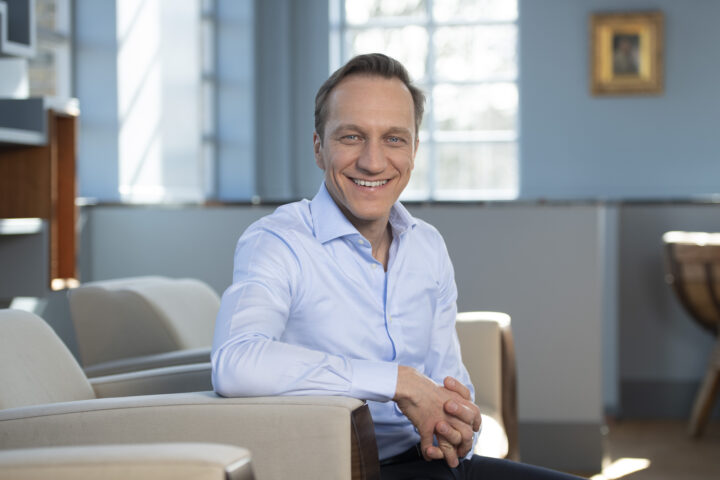“What does a sustainable future look like? Optimists see a bright future ahead thanks to our power of innovation. But, it will take more than technological advances. The biggest challenge may be the human factor within the industry’s energy- and resource transitions. It requires a shift in thinking and doing. And that starts with a mindset of working together to tackle the complex issues of sustainability and circularity with united forces.” In this article, John Harinck shares his vision on the transition.
In recent years, it has become clearer than ever before to the general public how our global value chains function. Just when they are coming apart at the seams. For example, during the covid-19 pandemic. Several countries went into lockdowns and we noticed that immediately in the supply of consumer goods and semiconductors. Now, the world is facing the effects of the war in Ukraine and changes in geopolitical relations in many ways.
Wake-up call for sustainable value chains
Beyond the terrible suffering caused by these events, they are causing stress tests within highly efficiently organized and extremely globalized value chains. They may work well in times of peace and abundance, but with the current turmoil and increasing scarcity, we are in high need of more sustainable, robust and independent value systems. Let this be a wake-up call.
Human factor
It is time to make production chains more sustainable and circular. This is not just a technological issue. The battle also depends on an entirely different front: our minds. People see the great complexity and uncertainty in these challenges, and this can lead to indecision and doom-and-gloom thinking. This human reaction is our biggest challenge. Are we prepared to change our behavior as well as to tackle these complex, transcendent challenges in a different way? And can we learn from each other?
Cooperation in industry
The human factor has appeared to be of great importance in the industry. To what extent do we feel the urgency for change and to what extent will potential solutions be workable? Will we continue to view each other as competitors, where lots of unknowns and and external uncertainty factors exist, or will we seek out to each other to develop a sustainable, evidence-based vision together on a sector-by-sector basis that will enable us to deal with scarcity of energy and raw materials affordably? The first step hinges on mutual trust. The process leading to solutions requires truth-telling and, given the complexity of the industrial system, in many cases collaboration.
Common bottlenecks and issues
At ISPT, we bring together progressive industry players. We identify common interests next to bottlenecks and issues around sustainability and circularity and investigate solutions. I focus on industrial sustainability through electrification, digitalisation and circularity of waste streams. When it comes to the electrification of industrial processes, for example, consider the dependence on and interaction with the electricity system with increasingly sustainable, decentralized and fluctuating generation. As a production site, how do you respond in real time to the unpredictability of renewable energy?
What do other ISPTers think of the transition?
“No, the transition will not be gradual” – Tjeerd Jongsma
Confidence in the future
Having parties work together on a fact-based and workable vision creates more peace and clarity about our future prospects. And that is exactly what is needed to confidently invest in that future and prepare for it, from boardroom to shop floor. Because, primarily, the transition requires a change of all of us. A change in thinking and ways of working. Instead of an efficient continuous production process, we must switch to an efficient but also sustainable, robust and flexible process that scales up and down depending on the ever fluctuating energy supply.
ISPT as an independent party
I believe in ISPT’s role as an independent party to direct and support the industry, together with groups of diverse stakeholders, towards a circular, sustainable future. By jointly exploring what proven solutions are available anywhere in the world and putting them into practice as soon as possible, we make the transition concrete and manageable. Even for those who look to the future with less optimism and have yet to flip the switch in their heads.

